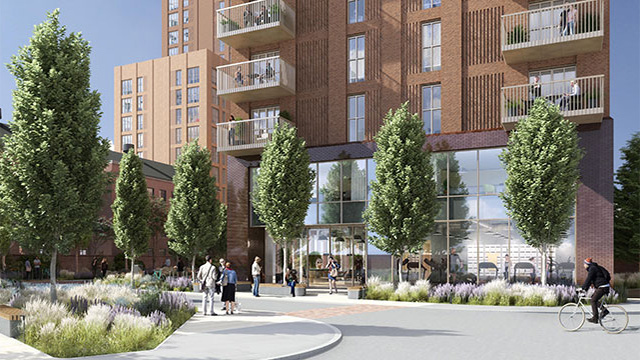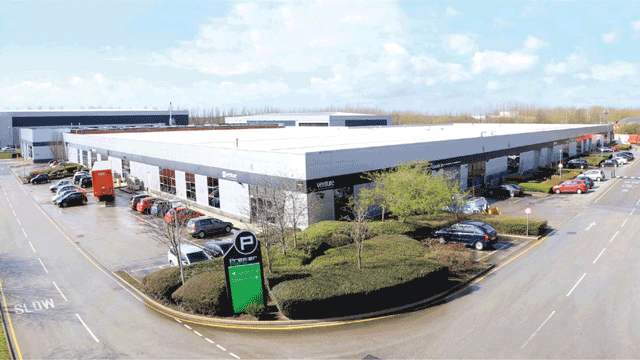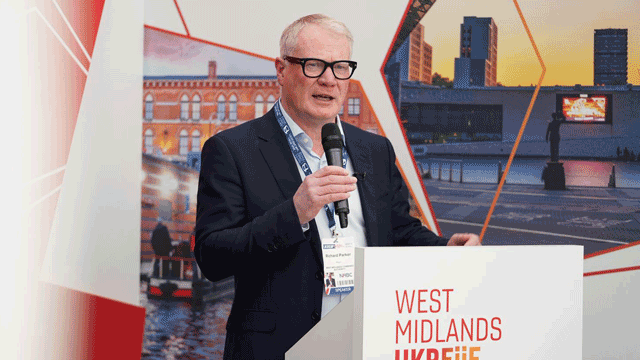From a property perspective, there are two essential points to grasp about the London hotel market in 2011. The first is that London hotels are doing so well that the capital is awash with firms looking to buy and develop. By almost any measure, including occupancy, turnover, revenue per available room and hotel developments in the pipeline, London knocks spots off any other European city.
The second point is that this success means that, despite heavy demand from buyers, many hotel owners do not wish to sell, and competition for sites is fierce.
Colin Hall, head of London hotels at Colliers International, says: “I have never known so few hotels on the market as there are now. There is no incentive to sell. Hoteliers say to me: ‘What would I do with the money if I did sell? I couldn’t make as much with it as I do here.’”
This does not mean there are no deals being done. There are fewer, but they are generally at good prices: Grosvenor House in Park Lane, W1, was sold for £470m – a gross initial yield of 5.4%; the Berners Hotel in Berners Street, W1, was sold for £68m at an undisclosed yield; and the Cumberland hotel in Marble Arch, W1, was sold for £215m – an 8.5% yield.
Meanwhile, the Barclay brothers, who already own the Ritz, have bought a stake in the debt of Maybourne Group, which owns Claridge’s, The Connaught and The Berkeley in central London. They are aiming to take full control of the group.
Development-wise, budget groups continue to be bullish (see above), while a number of luxury groups are either entering London for the first time or improving hotels that they already own.
Asian group Shangri-La is opening a five-star hotel in the Shard, SE1, in 2012, the Maltese Corinthia group is opening a five-star hotel this year in Whitehall, SW1, and Four Seasons is reopening its refurbished Park Lane hotel, W1, and opening a third London hotel at Bishopsgate, EC2, as part of the Heron Plaza.
Aside from competition for sites, a cautious approach to lending from banks remains a challenge for operators. Despite this, the development pipeline is robust and hotel specialists expect the London market to continue to develop and prosper.
However, there are warning signs. Whether development will continue at its present pace past 2012 is questionable. This is largely because of funding challenges, which along with a weak pound, explains why foreign buyers are dominating the investment market.
But for the next year, hotel trading is expected to increase alongside hotel development.
The Power of London
Richard Candey, head of hospitality at DTZ, echoes many other property agents when he says: “London is completely different to the rest of the UK in every way you could mention.”
This includes occupancy. According to Tri Hospitality, in the 11 months to November 2010, the capital had an average occupancy rate of 82.8%, against 70.7% in the provinces.
Revenue per available room, one of the industry’s favoured measures of performance, is similarly one-sided. An average London hotel has RevPar of £102.65 against £48.31 in the regions.
London is literally twice as good in turnover terms.
Development is the same. Liz Crawford, director of Humberts Leisure, says: “London has more new hotel rooms than any other European city, with 8,394 rooms, 3,682 of which are under construction.”
Most agree that developments in the pipeline stand a good chance of going ahead.
Colin Hall, head of London hotels at Colliers International, says: “They will almost certainly be built. There has never been a time when demand for London hotel rooms has so consistently outstripped supply.”
Budget operators steam on
Budget operators with ambitious plans for the capital include Premier Inns, owned by Whitbread. It has 49 hotels in London but wants to double that in five years.
This year should see the opening of an 84-bedroom hotel in Leicester Square, W1, a 251-bedroom hotel near Old Street, EC1, and a 122-bedroom hotel in Southwark, SE1.
Derek Griffin, Premier Inn’s head of acquisitions for the capital, echoes others in the industry when he says that Premier’s attraction to London is partly based on the capital’s resilience as a market.
He says: “London’s downturn was less long, not as harsh, and the recovery is quicker than the rest of the country.”
However, he adds that London is unique in other ways, too, with tough competition for every site, something that has increased with the approaching Olympic Games.
He says: “It does give us a flag in the distance by which you want to get hotels up, but it is not enough in itself. Our planned hotel in Stratford, for instance, is more about the longer term rejuvenation of the area than the Olympics itself.”










